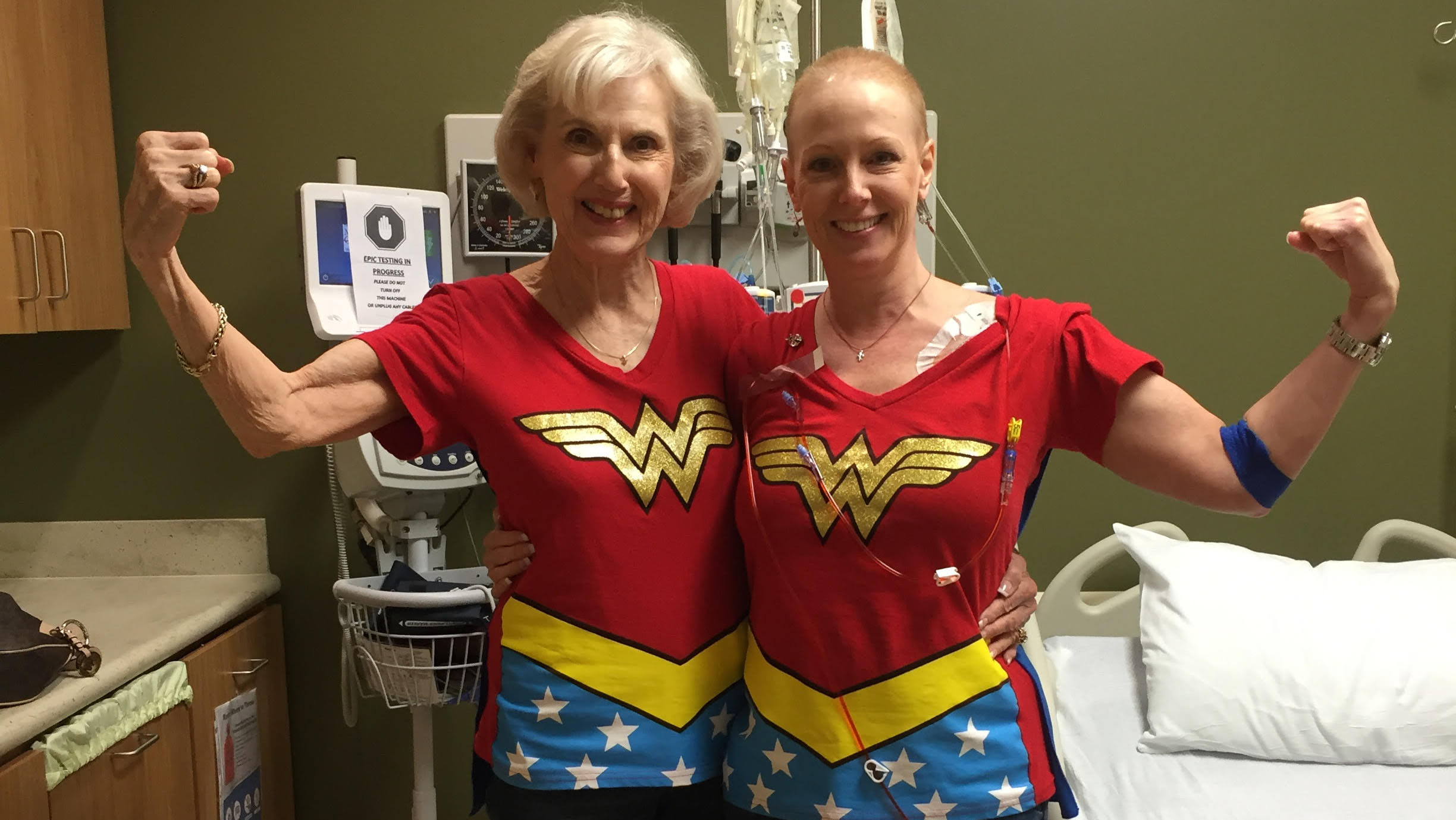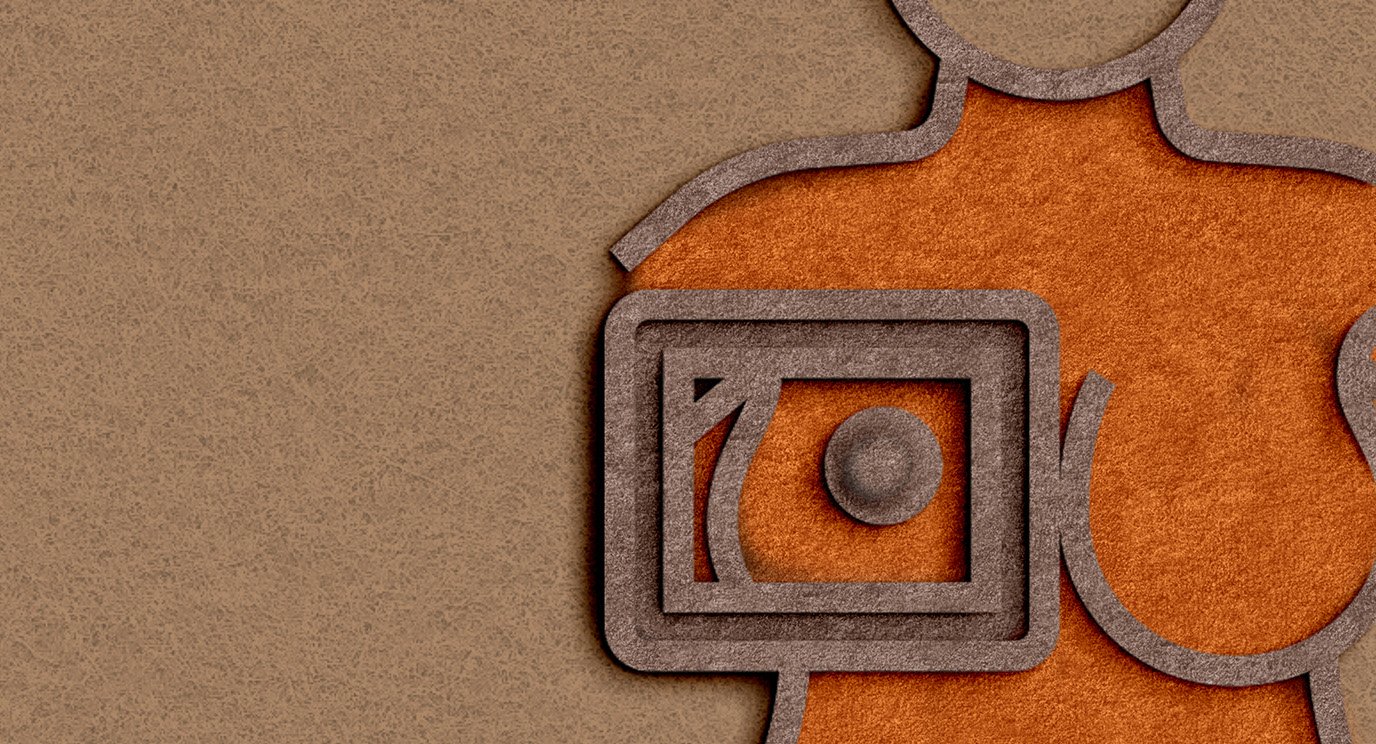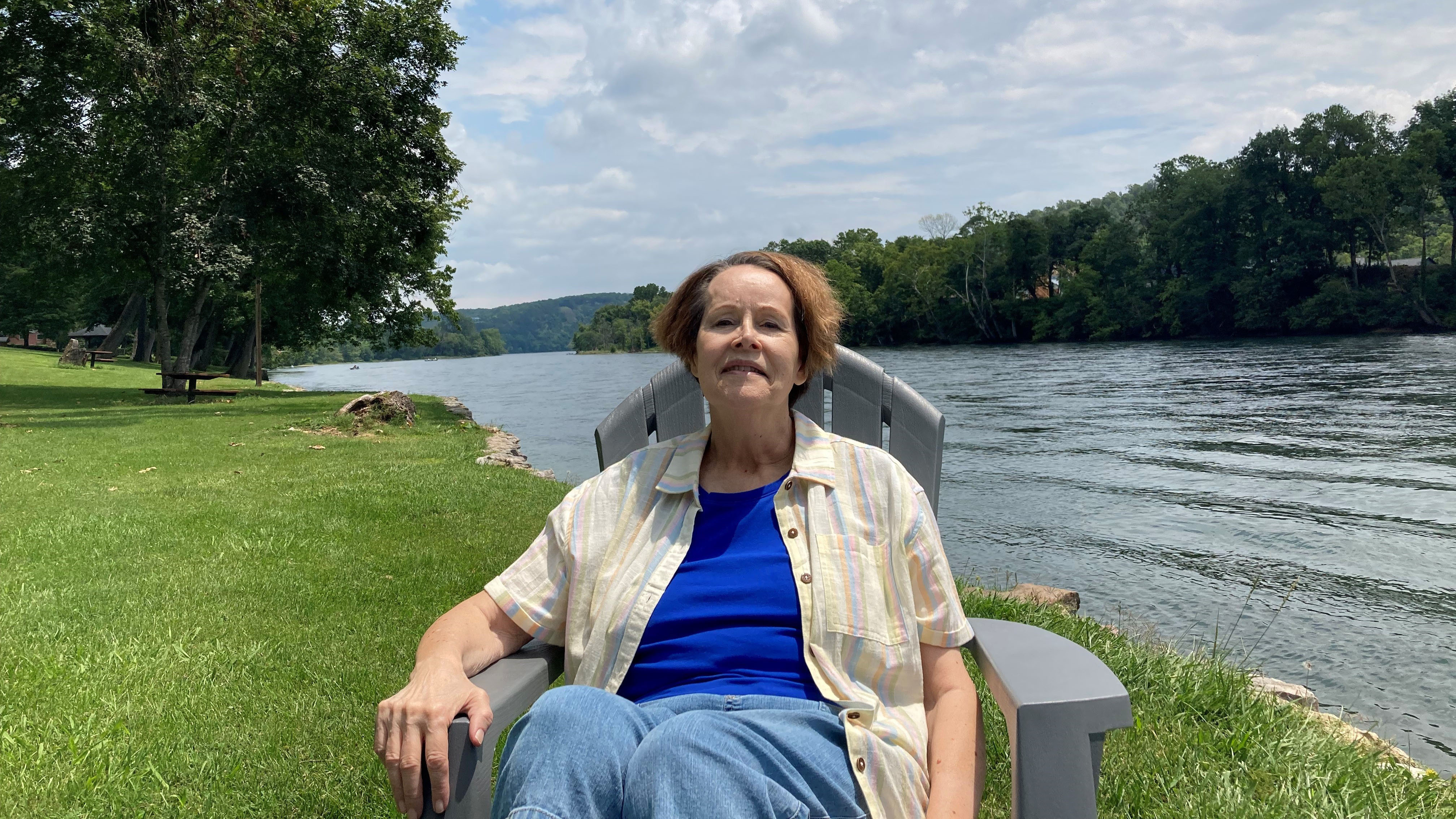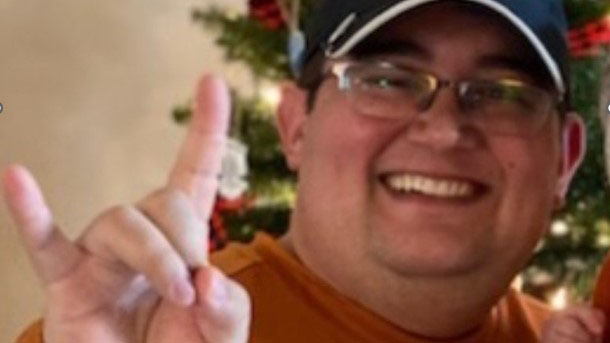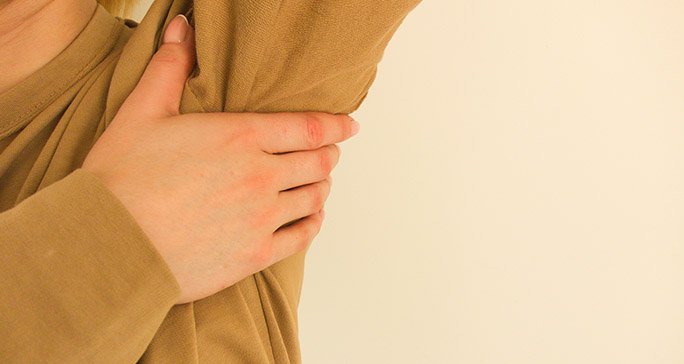- Diseases
- Acoustic Neuroma (14)
- Adrenal Gland Tumor (24)
- Anal Cancer (66)
- Anemia (2)
- Appendix Cancer (16)
- Bile Duct Cancer (26)
- Bladder Cancer (68)
- Brain Metastases (28)
- Brain Tumor (230)
- Breast Cancer (718)
- Breast Implant-Associated Anaplastic Large Cell Lymphoma (2)
- Cancer of Unknown Primary (4)
- Carcinoid Tumor (8)
- Cervical Cancer (154)
- Colon Cancer (164)
- Colorectal Cancer (110)
- Endocrine Tumor (4)
- Esophageal Cancer (42)
- Eye Cancer (36)
- Fallopian Tube Cancer (6)
- Germ Cell Tumor (4)
- Gestational Trophoblastic Disease (2)
- Head and Neck Cancer (6)
- Kidney Cancer (124)
- Leukemia (344)
- Liver Cancer (50)
- Lung Cancer (288)
- Lymphoma (284)
- Mesothelioma (14)
- Metastasis (30)
- Multiple Myeloma (98)
- Myelodysplastic Syndrome (60)
- Myeloproliferative Neoplasm (4)
- Neuroendocrine Tumors (16)
- Oral Cancer (100)
- Ovarian Cancer (170)
- Pancreatic Cancer (164)
- Parathyroid Disease (2)
- Penile Cancer (14)
- Pituitary Tumor (6)
- Prostate Cancer (144)
- Rectal Cancer (58)
- Renal Medullary Carcinoma (6)
- Salivary Gland Cancer (14)
- Sarcoma (236)
- Skin Cancer (296)
- Skull Base Tumors (56)
- Spinal Tumor (12)
- Stomach Cancer (60)
- Testicular Cancer (28)
- Throat Cancer (90)
- Thymoma (6)
- Thyroid Cancer (98)
- Tonsil Cancer (30)
- Uterine Cancer (78)
- Vaginal Cancer (14)
- Vulvar Cancer (18)
- Cancer Topic
- Adolescent and Young Adult Cancer Issues (20)
- Advance Care Planning (10)
- Biostatistics (2)
- Blood Donation (18)
- Bone Health (8)
- COVID-19 (362)
- Cancer Recurrence (120)
- Childhood Cancer Issues (120)
- Clinical Trials (628)
- Complementary Integrative Medicine (24)
- Cytogenetics (2)
- DNA Methylation (4)
- Diagnosis (230)
- Epigenetics (6)
- Fertility (64)
- Follow-up Guidelines (2)
- Health Disparities (14)
- Hereditary Cancer Syndromes (124)
- Immunology (18)
- Li-Fraumeni Syndrome (8)
- Mental Health (118)
- Molecular Diagnostics (8)
- Pain Management (62)
- Palliative Care (8)
- Pathology (10)
- Physical Therapy (18)
- Pregnancy (18)
- Prevention (898)
- Research (392)
- Second Opinion (74)
- Sexuality (16)
- Side Effects (604)
- Sleep Disorders (10)
- Stem Cell Transplantation Cellular Therapy (216)
- Support (404)
- Survivorship (322)
- Symptoms (184)
- Treatment (1776)
Receiving breast cancer treatment close to home gave me peace of mind
BY Nancy Gajan
4 minute read | Published May 13, 2021
Medically Reviewed | Last reviewed by an MD Anderson Cancer Center medical professional on May 13, 2021
In early 2020, I woke up in the middle of the night to use the restroom. By chance, my hand brushed my right breast, and I felt a lump the size of a pecan. I examine my breasts at the end of every menstrual cycle but since I’d been going through menopause, my schedule was thrown off. I knew I had never felt this lump before, so I immediately called my gynecologist the next morning.
My doctor sent me to an imaging center and, afterward, performed a biopsy. I was diagnosed with stage II invasive ductal breast cancer and referred to an oncologist near my home in Huntsville, Texas.
I was told that my type of breast cancer was very aggressive, and we needed to act quickly. But after a series of delays and mistakes, I was ready for a change in my care team.
A friend told me about her great experience at MD Anderson, and after some research, I made an appointment. That was definitely the best decision I’ve ever made.
Finding my happy place at MD Anderson The Woodlands
When I first walked into MD Anderson The Woodlands, the staff at the front entrance made me think of Disney World. They were so welcoming and attentive. I immediately felt taken care of. Not to say that there isn’t serious, important work being done there. But after a difficult experience with my diagnosis, MD Anderson became my happy place.
My husband is a retired police officer and when he went to Disney World, that was his escape from some of the tough things he dealt with on the job. That’s how I relate to MD Anderson. It is so bright and cheery. Everyone from my care team to the housekeeping staff feels like family.
I am 54 years old and by my age, life has knocked you down a few times. It was a relief to be in the great hands of medical oncologist Dr. Craig Kovitz at an MD Anderson location close to my home. I was always updated about my treatment plan, test results and next steps. I also appreciated how helpful MyChart was for me and my family. Whenever I had a question, I was able to send it to my care team via MyChart without feeling intrusive. I always received prompt responses, and that went a long way in keeping my anxiety in check.
My stage II invasive ductal breast cancer treatment
After my first appointment, MD Anderson performed additional testing, confirming my original diagnosis. A biopsy of the tumor found that it was estrogen-receptor positive and HER-2 positive.
Cancer runs in my family, so MD Anderson also performed genetic testing. As soon as I found out I had breast cancer, I thought I wanted a double mastectomy to ensure that it wouldn’t come back. But genetic testing showed my cancer wasn’t driven by a genetic mutation, so surgical oncologist Dr. Matthew Piotrowski explained that a double mastectomy wasn’t necessary.
At the end of March, I started six rounds of a chemotherapy regimen that included docetaxel carboplatin, trastuzumab, and pertuzumab. I completed chemotherapy in August. I had a complete response to the treatment, but I also underwent a lumpectomy to remove the tumor and the surrounding lymph nodes. Following surgery, I showed no evidence of disease.
To be sure that the cancer didn’t return, I underwent 30 rounds of radiation therapy over six weeks once I recovered from surgery. The radiation made me a little fatigued, but I didn’t have harsh side effects.
It was tough for my family to not be able to accompany me to my appointments due to the COVID-19 visitor restrictions. But I was raised in a tough-as-nails family, so it didn’t bother me that I had to go alone. I leaned heavily on my Christian faith, and I believe it saw me through the difficult times. I felt peace knowing that I was never truly alone – God was with me. There were moments that I felt down, but the nursing staff would sit there and hold my hand and make sure I was OK. They went above and beyond to offer support and words of encouragement when my family couldn’t be there.
Keeping the breast cancer from returning
Dr. Kovitz says he wants to do everything in his power to keep the cancer from coming back. He wants to take advantage of every treatment option available for me. For now, I receive infusions of trastuzumab and pertuzumab, which are anti-HER2 antibodies. I will also take arimidex, an anti-estrogen medication, for five years.
For women, I can’t overemphasize the importance of watching your breasts for changes and getting regular screenings. If you notice something unusual, have it looked at. Be proactive about your health, and don’t let it slip through the cracks.
I am so grateful that I listened to my body and found my extra “family” at MD Anderson.
Request an appointment at MD Anderson online or by calling 1-844-790-1713.
Related Cancerwise Stories

I am so grateful that I listened to my body and found my extra ‘family’ at MD Anderson.
Nancy Gajan
Survivor

